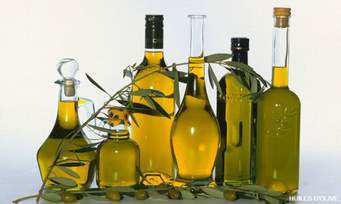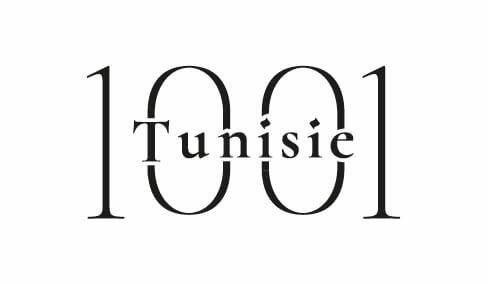
Eighty actors from the olive sector, from Morocco, Europe and Tunisia, are using the theme of the use of innovation and technology during a conference held last week in Tunis. Organized by the European Bank for Reconstruction and Development (EBRD) and the Food and Agriculture Organization of the United Nations (FAO), the conference discussed the latest trends for a revitalization of the agricultural sector. olive oil in Tunisia.
Tunisia has positioned itself as one of the world’s leading producers of olive oil, especially in the last three years. With annual exports averaging US $ 0.5 billion, the country exports most of its olive oil in bulk. Started more than 10 years ago, the battle of conditioning is still in progress even if some brands are already among the winners of prestigious competitions. As an example, we will mention the brand “Triomphe de Tuccabor”, produced by the farm Ben Ismail in Béja, which won the gold medal at the international competition of the quality of the olive oil “London Olive” Oïl 2017 “, which took place on April 14, 2017 in London.
It is undeniable that, thanks to the rise in quality standards and the development of high value-added products, including a growing production of organic olive oils, Tunisia is improving the competitiveness and recognition of its oils, both in the domestic market and export.
The EBRD and FAO, at the heart of this support, support the consultation process in collaboration with the National Office of Oil of Tunisia (ONH). To this end, Mr Antoine Sallé de Chou, Director of the EBRD Bureau, is pleased to see that the public-private dialogue leads to a consensus between the different actors of the sector and the development of a vision and a leaf common road. This can only help stimulate investment to create a stronger and more competitive sector “,
Upgrade
Going to the next level means improving quality, efficiency and competitiveness at every level of the olive industry, from olive groves to the table. This includes better growing and harvesting techniques, fast and efficient delivery of olives, well-organized mills, and traceability and certification systems to meet the requirements of major distributors and high-end markets.
It also means various olive groves management programs and improved irrigation techniques. This last point is also crucial to optimize the use of water, which is a scarce resource while preserving the quality of olives.
During the conference, quality was often discussed in a business strategy. The main Tunisian organic olive oil producers have invested heavily in modernizing their operations by installing advanced irrigation systems to improve stability and quality, as well as a two-phase extraction system.

New products
Developing the range and profile of the products offered is also important for the future of the olive industry in Tunisia.
Tunisian extra virgin olive oil is characterized by a sweet profile. The production of extra virgin oils with other profiles, such as oils with different tastes, oils from single varieties or oils richer in polyphenols, would allow Tunisian producers to gain new market shares.
Tunisia also produces three times more certified organic olive oil than Spain each year, and an even larger volume of Tunisian olive oil is produced using organic or near biological practices without being certified. Given the growing demand for organic products – the US organic market was valued at 30 billion euros in 2015 – Tunisia could strengthen its position in this market based on its already established reputation in organic farming .
Paths for the future
Cooperation and communication are vital in any sector. FAO and the EBRD will continue to support this working group of olive growers, olive oil processors, exporters, government representatives and representatives of the sector’s Professional Organizations. Since 2015, the working group has met seven times, sharing information, experiences and opinions and formulating concrete proposals for a more efficient and more inclusive olive oil sector.
“Over the past two years, we have seen a lot of enthusiasm for the sector and an increasing openness to new ideas, such as the creation of a quality consortium and quality labels for Tunisian extra virgin olive oils” said Lisa Paglietti, FAO economist and project manager, “There is a real desire for change, and we need to maintain momentum and ensure that all stakeholders in the sector are involved and working together to achieve this dual objective: to increase the competitiveness and recognition of Tunisian olive oil. “
Source: AD an Press


 َAbonnez-vous
َAbonnez-vous

